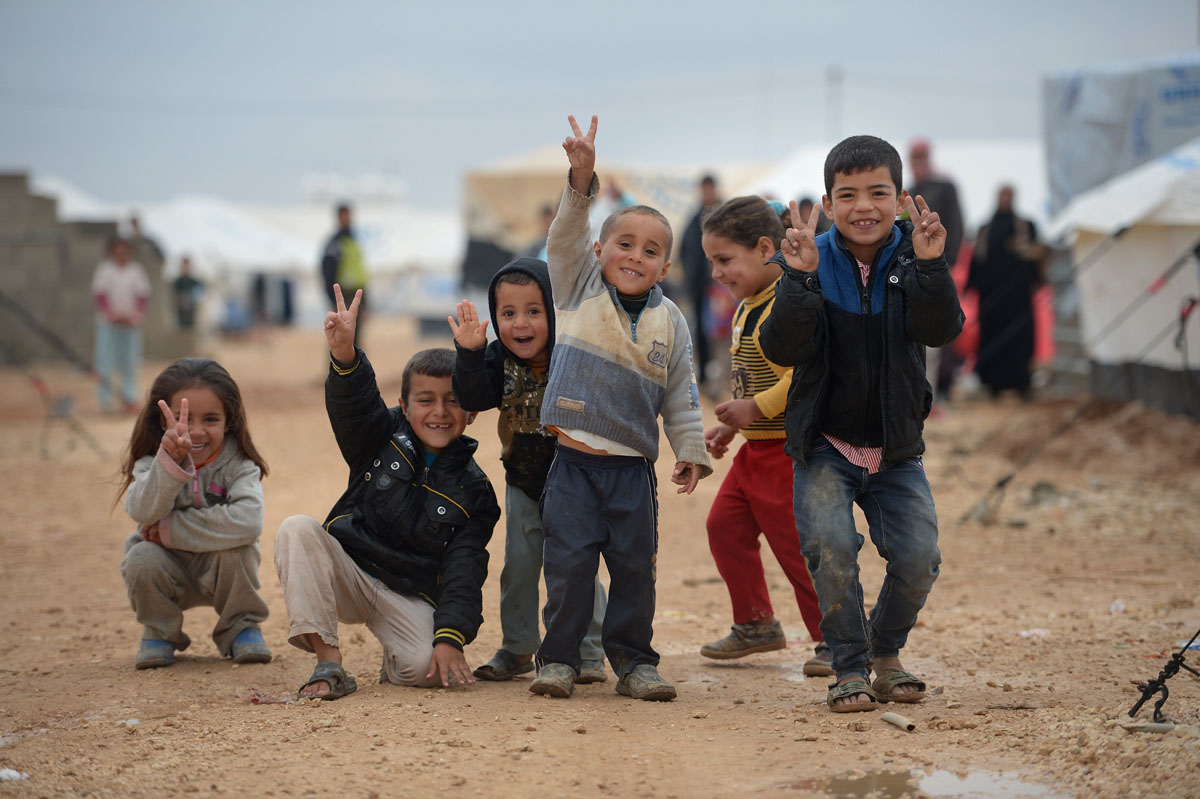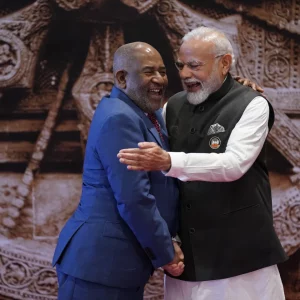As President Trump’s revised travel ban (EO 13780) sits in limbo after being blocked by federal courts, human rights and refugee aid groups point to the particularly bad timing of the order’s 120-day suspension of the US Refugee Admissions Program, which is the largest refugee resettlement program in the world. The refugee crisis is at its worst since World War II, with 21.3 million refugees (including 5.2 under the United Nations Relief and Works Agency for Palestine’s mandate) and 65.3 million people total under the UN Refugee Agency’s mandate. Refugees in the pipeline to come to the United States are undergoing a process that typically consists of about twenty screening checks, and takes anywhere from 18-24 months, on average. Advocates of the process insist that the United States has both a moral duty and an obligation as a global leader to help ameliorate the refugee crisis and offer new homes to some refugees. The United States’ own rhetoric has frequently seemed to accept this humanitarian duty. It is the largest funding source for the UN Refugee Agency, and the State Department’s Bureau of Population, Refugees and Migration states that the US Refugee Admissions Program “reflects the United States’ highest values and aspirations to compassion, generosity and leadership.” Beneath these ideals, however, lie a mountain of underappreciated reasons that the United States should take more, not less, refugees.
The first reason is strategic: it is not in the United States’ interest to have large amounts of forcibly displaced people gathered in camps or detention centers. These human concentrations are vulnerable to infectious disease, social conflict, and mental health problems. Furthermore, these are inherently destabilizing environments that can contribute to regional volatility. The people subjected to these conditions are also more likely to lose hope and become sympathetic to extremist messages. This point, however, should be understood with caution, given the fact that the vast majority of refugees resist these ideologies and are, indeed, often fleeing extremist violence. The United States has long invested in foreign and humanitarian aid with the understanding that it is a necessary part of any complete national security strategy. To quote Defense Secretary Jim Mattis, “If you don’t fund the State Department fully, then I need to buy more ammunition ultimately.”
Another reason for taking in refugees might seem counterintuitive: economic benefits. From a macro perspective, simply removing people from situations in which their skills, labor, and ideas are wasted, and allowing them to work is beneficial for the growth of the global economy. But there may be domestic benefits as well. For host communities that already have high unemployment and developing economies, there are special challenges, including the threat of unskilled labor driving down wages, particularly in the informal economy. However, one study found that aid to Congolese refugees in Rwanda resulted in a positive income spillover that benefited the host community. This impact might be better harnessed when refugees are permitted to engage, economically and otherwise, with the host community; another study in Uganda, where refugees are free to work, found that their communities were “centers of economic gravity”, contributing to overall growth in the country. In Kenya and Ethiopia, international efforts are underway to pair development with refugee integration by creating economic opportunities that both lift up the host community and allow refugees to contribute. In a stable economy like the United States, economic contributions from refugees are even more pronounced: a study in Cleveland cited an impact of $48 million and 650 jobs resulting from resettled refugees, in addition to $2.7 million in state and local tax revenue. While a paucity of research into the variety of economic impacts refugees may have remains, the aforementioned cases show that the common perception of refugees as solely economic burdens is too simplistic.
The executive order, in addition to ignoring the evidence of refugee contributions, flies in the face of both American pluralism and the protections afforded to refugees in the 1951 Convention Relating to the Status of Refugees, which was originally meant to aid refugees from World War II. The U.S. is a party to the 1967 Protocol Relating to the Status of Refugees, which removed temporal and spatial limitations included in the Convention.
Trump’s executive order mistakenly believes that withdrawal from global burden- sharing will make us more secure, and fails to take into account the human capital and potential that is languishing away in protracted displacement. It sends a message to the world not only that refugees are not welcome, but that the United States is an afraid, declining global leader. From an ideological standpoint, this order fails to represent who we say we are: inclusive, humanitarian, and a country of immigrants. From a practical standpoint, it denies Americans the social and economic benefits refugees could bring, particularly by starting businesses, repopulating rural areas with declining populations, and serving as cultural links in a globalized world. The United States owes refugees its best efforts in providing some of them with opportunity, and in doing so, it will also be promoting the interests of the American people.
Featured Image Source: Peace Child International






Be First to Comment